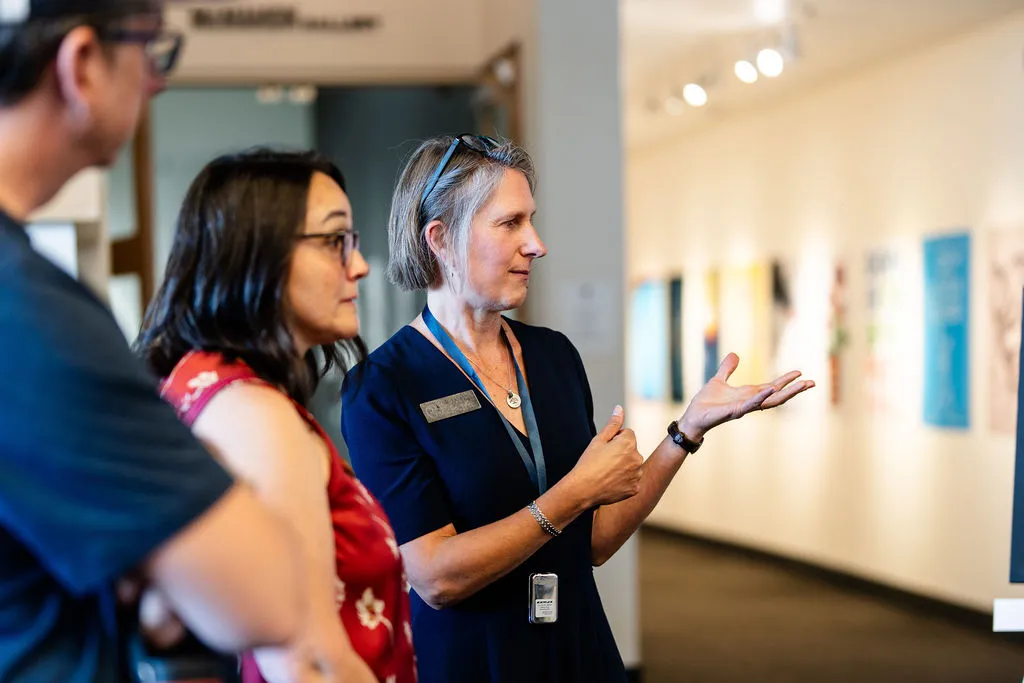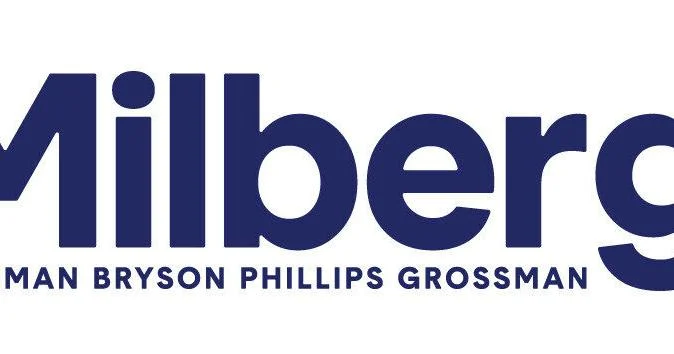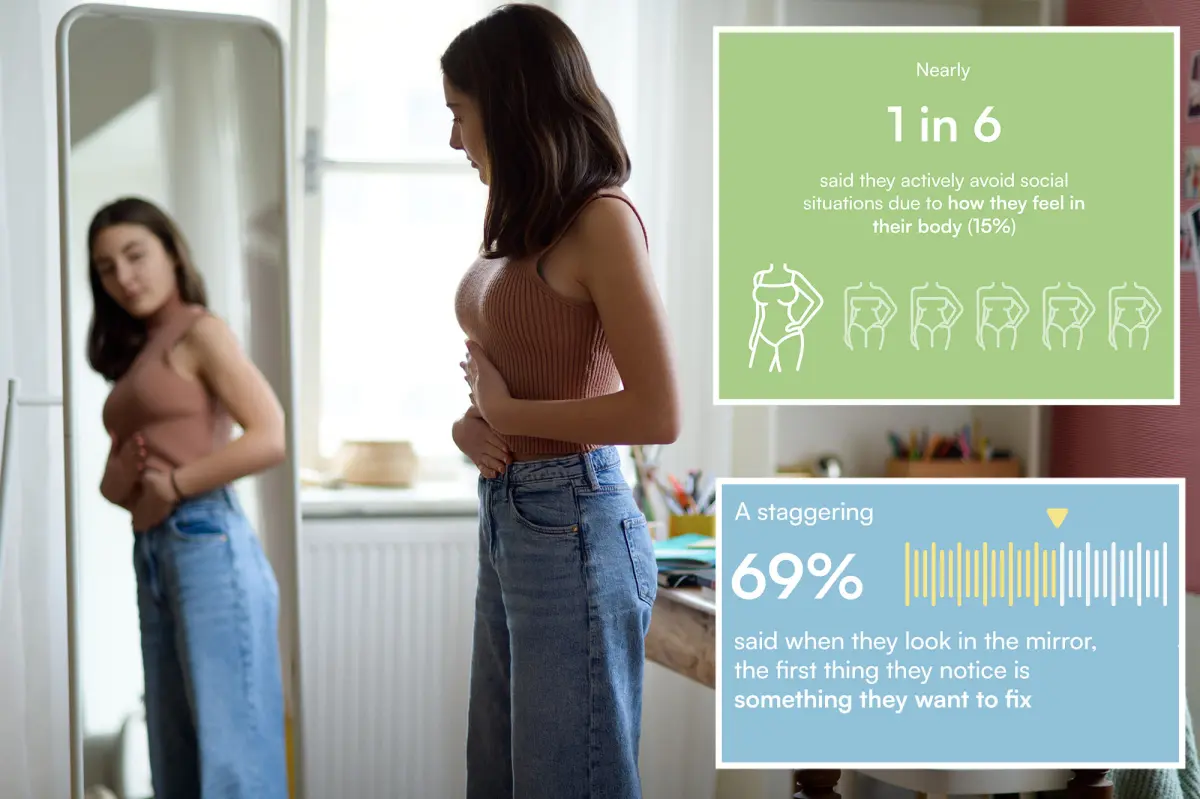Copyright Boulder Daily Camera

Members of our Community Editorial Board, a group of community residents who are engaged with and passionate about local issues, respond to the following question: For two years, Elevate Boulder has run a guaranteed income pilot program for 200 low-income households. With government funds running out, the program is facing an uncertain future. Your take? When I first wrote about Elevate Boulder earlier this year, I argued that guaranteed income programs provide short-term relief but do not solve long-term poverty, especially without an exit strategy or sustainable funding. After just two years, the pilot is ending, federal money is gone, and the city is hoping philanthropy will fill the gap. In other words, it provided stability, but didn’t create structural change for when payments stop. The city’s progress report confirms this. The $500 monthly stipends eased stress, covered groceries and utilities, and helped people weather emergencies — all meaningful outcomes. But debt didn’t truly fall, savings didn’t truly rise, childcare remained unaffordable and long-term economic trajectories didn’t shift. People worked just as hard as before, only now with a temporary cushion. That cushion matters, but cushions don’t replace ladders. I saw the same pattern when I supported my parents during grad school. The money stabilized them, but it didn’t move them out of poverty. What changed their circumstances wasn’t cash alone — it was building the scaffolding around them: paying for my mother’s teaching certificate, buying the laptop that allowed her to work online, setting up her platform and marketing, and helping her launch her first students. The transformation came from infrastructure and skills, not the transfer itself. And even then, ending the support was difficult — because once a lifeline exists, losing it is still destabilizing. Elevate Boulder faces the same reality: When payments end, the underlying precarity remains. There is no silver bullet. A few people will build a ladder with extra cash, but most simply can’t — not for lack of effort, but because escaping poverty often requires outside support, structure and training. Guaranteed income provides breathing room; it does not build mobility. And when the money runs out, we are left with the real question: What investments actually help people move up, not just hang on? If the goal is to actually reduce poverty, Boulder needs tools that build resilience: emergency cushions, pathways to skills and higher earnings, child care that makes work possible and hands-on support for people who need more than a transfer. Income helps someone stand still; mobility requires scaffolding. Guaranteed income pilots feel compassionate, and they are. But compassion without an exit plan becomes a temporary patch, not a ladder. Elevate Boulder didn’t fail; it showed exactly where unconditional cash succeeds and where it stops. It kept people afloat. It didn’t move them forward. That gap between surviving and advancing remains, and filling it will take more than stipends; it will take strategy. Hernán Villanueva, chvillanuevap@gmail.com Our society has a myriad of services to help the less fortunate. We have training programs, food stamps, no income taxes, welfare, Medicaid, etc. These social/wealth transfer programs account for between 50 and 75% of the federal budget, not including the roughly $1 trillion spent each year on interest payments on the federal debt. Yet, there are calls for more aid. Andrew Yang’s presidential campaign was based on Universal Basic Income (UBI), which is identical to Elevate Boulder’s Guaranteed Income. This idea has some merit, but the devil is in the details. It has little merit when stacked on top of all our other programs, and it isn’t workable without that social safety net. Why unworkable? Because people will be irresponsible with money. We have hundreds of years of data on this. If our plan is to change human nature by legislation, we are planning to fail. Of course, this program is facing an uncertain future. It started with an uncertain future. This is why all “studies” about giving away free money are about as valid as dietary studies. Without proper controls, the results are almost meaningless. The control for a dietary study is sequestration. The control for UBI is the elimination of all other benefits. The former is possible but rarely done because of the expense. The latter will never be done. And even when the studies are done, they don’t look good. Studies done in Texas and Illinois showed recipients work less and earn less. In effect, this is a really costly way to shrink our economy. The offered promise of UBI is that everyone will quit meaningless jobs, get some more education, come up with a brilliant idea, and start their own company. This is pure fantasy. Plus, who will do those jobs, which, it turns out, aren’t meaningless? If we need a larger safety net, we should discuss that, but if we’re giving away money, it should be targeted, as it is now, towards worthy causes like food, education, health care, and shelter. Who decides what is “worthy”? The people giving away the money. That’s us. Bill Wright, bill@wwwright.com



